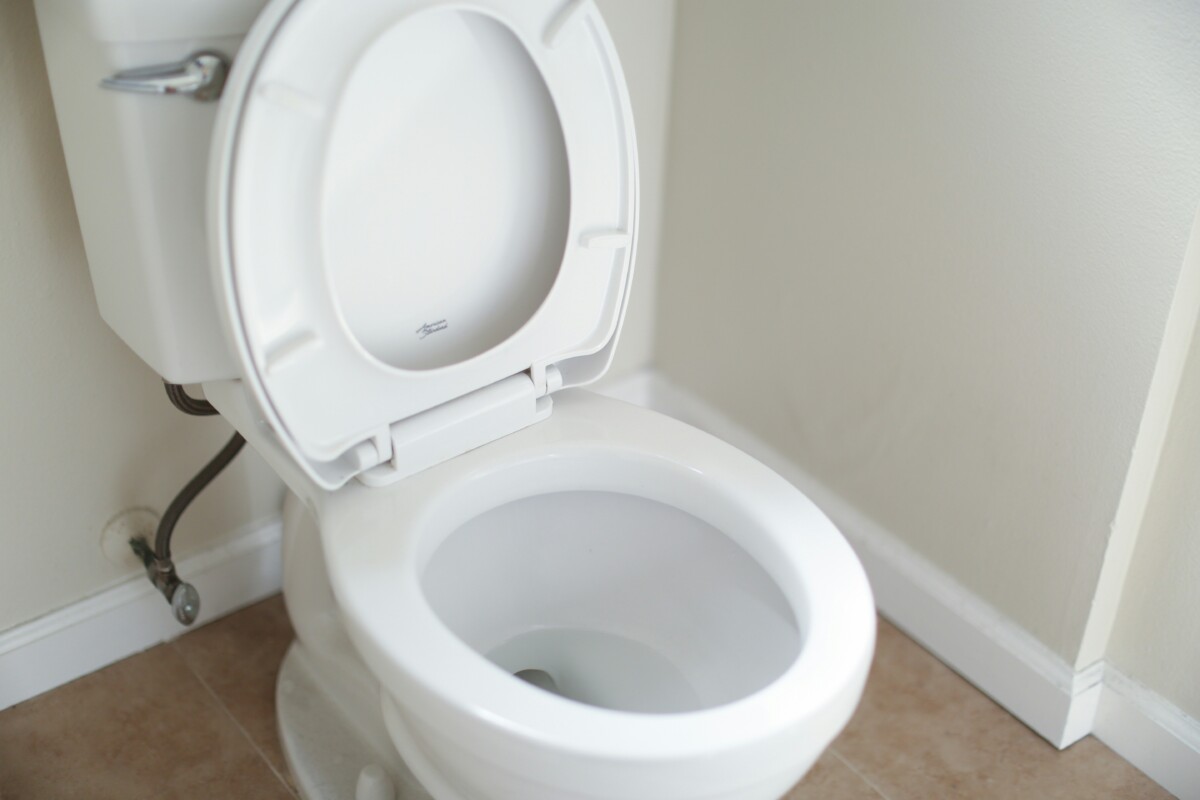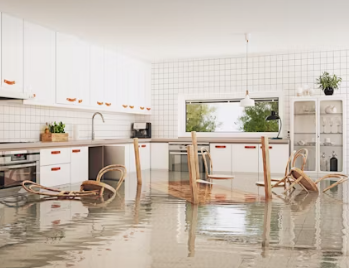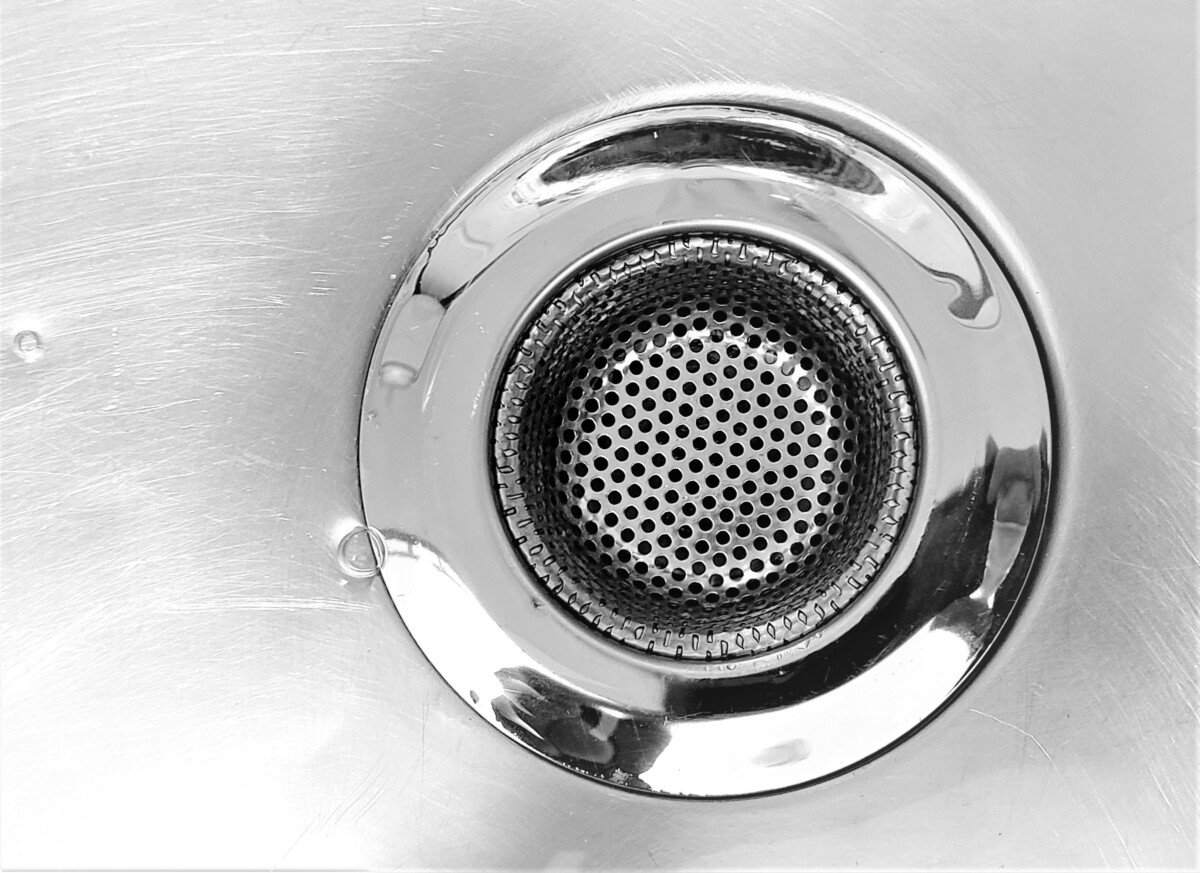July 20, 2025
Hiring a plumber should bring peace of mind, not stress and suspicion. While most professionals are honest and hardworking, some take advantage of homeowners, especially during emergency plumbing repairs when you’re vulnerable and in a rush to get things fixed. So, how can you tell if a plumber is ripping you off?
Keep reading to learn about the key warning signs of dishonest plumbing practices and what actions you can take to protect yourself.
1. Pricing Tricks to Watch Out For
Unreasonably High Prices
If a plumber hands you a quote that feels excessive, your instincts might be right. While plumbing jobs can vary in cost depending on the complexity, reputable plumbers typically offer competitive and fair pricing based on market standards. Always compare at least three quotes for the same job to identify pricing outliers. If one quote is dramatically higher without a clear justification, that’s a red flag.
Changing Quotes Mid-Job
One of the most common signs of a rip-off is a plumber who gives you an initial price, often over the phone, and then significantly inflates it once the job begins. Sometimes this happens under the guise of “unexpected problems,” which may or may not be legitimate. If your plumber doesn’t explain these changes clearly or provide a written update before continuing work, be cautious.
2. Poor Quality or Unnecessary Work
Sloppy Workmanship
Signs of a plumber cutting corners can include exposed pipes, loose fittings, poorly sealed joints, or leaving a mess behind. High-quality plumbers take pride in their work and clean up after themselves. If things look rushed or unprofessional, the work may not last, and you could end up paying for additional repairs later.
Pushing for Unneeded Repairs
Another common tactic shady plumbers use is upselling unnecessary work. They might say your whole pipe system needs replacing when a simple repair would suffice. If the additional service wasn’t part of the original assessment or seems unrelated to the problem, get a second opinion. Honest plumbers explain why the extra work is needed and give you the time to decide.
3. Lack of Professionalism
Disrespectful or Vague Communication
Trustworthy professionals explain their process, answer your questions, and respect your property and time. If a plumber is rude, avoids your questions, or won’t clearly describe what they’re doing, it may be because they don’t want you to know. This lack of transparency can signal shady intentions.
Pressure Tactics
A plumber should never rush you into making a decision. If you’re being pressured to sign a contract immediately or agree to major repairs on the spot “or else,” that’s a scare tactic designed to make you act out of fear. Take a step back, do some research, and don’t commit until you’re confident it’s necessary.
4. Red Flags You Shouldn’t Ignore
Only Offers Verbal Quotes
Always get a written estimate. A verbal agreement gives you no recourse if the price unexpectedly changes. A detailed quote outlines the scope of the work, the parts being used, the timeline, and the cost. If the plumber refuses to provide that in writing, walk away.
No Warranty Offered
Reputable plumbers back up their work with a guarantee or warranty on parts and labor. If a plumber won’t provide any kind of warranty, it may be because they don’t expect the work to hold up—or they don’t want to be held responsible if something goes wrong.
No Online Presence or Business Address
In today’s world, most legitimate plumbing businesses have a website, a business address, or at least a Google Business listing. If you can’t find any trace of them online—or they only operate with a mobile number—it could be a sign they’re trying to avoid accountability.
Hesitation to Show Credentials
Plumbers are required to hold licenses and carry insurance in most regions. If they get defensive or evasive when you ask to see these documents, take it as a serious red flag. You have a right to verify that the person working on your home is qualified and insured.
5. What You Can Do to Protect Yourself
Get Multiple Quotes
This is one of the simplest and most effective steps to avoid being overcharged. Collect at least three estimates from different plumbers and compare not only the prices but the scope of work they recommend. Be wary of both unusually high and suspiciously low quotes.
Ask the Right Questions
Don’t be afraid to interview your plumber before hiring them. Ask questions like:
- Are you licensed and insured?
- How long have you been in business?
- Can I get a written estimate?
- Do you offer a warranty on your work?
A professional plumber will be happy to answer these without hesitation.
Check Reviews and Testimonials
Spend some time reading reviews on Google, Yelp, or trusted home service platforms. Look for patterns in feedback. One or two bad reviews aren’t necessarily a dealbreaker, but if multiple customers mention poor communication, inflated prices, or poor quality, that’s a big red flag.
Document Everything
Keep copies of any estimates, invoices, receipts, and email correspondence. Having a paper trail can be crucial if you need to file a complaint or take legal action later. Don’t rely on verbal agreements or handshakes—always get it in writing.
Report Suspicious Behavior
If you suspect a plumber has taken advantage of you, report them to your local consumer protection agency or licensing board. You may also be able to leave a review warning other homeowners. Your report might help others avoid the same experience.
Final Thoughts
While most plumbers are honest professionals who take pride in their work, a few bad actors can cause headaches and drain your wallet. Knowing the warning signs of a dishonest plumber, like vague pricing, poor workmanship, pressure tactics, and lack of transparency, can help you avoid being ripped off.
Don’t rush the process. Take the time to research, ask questions, and trust your gut. If something feels off, it probably is. Protect your home, your time, and your money by staying informed and choosing wisely.


